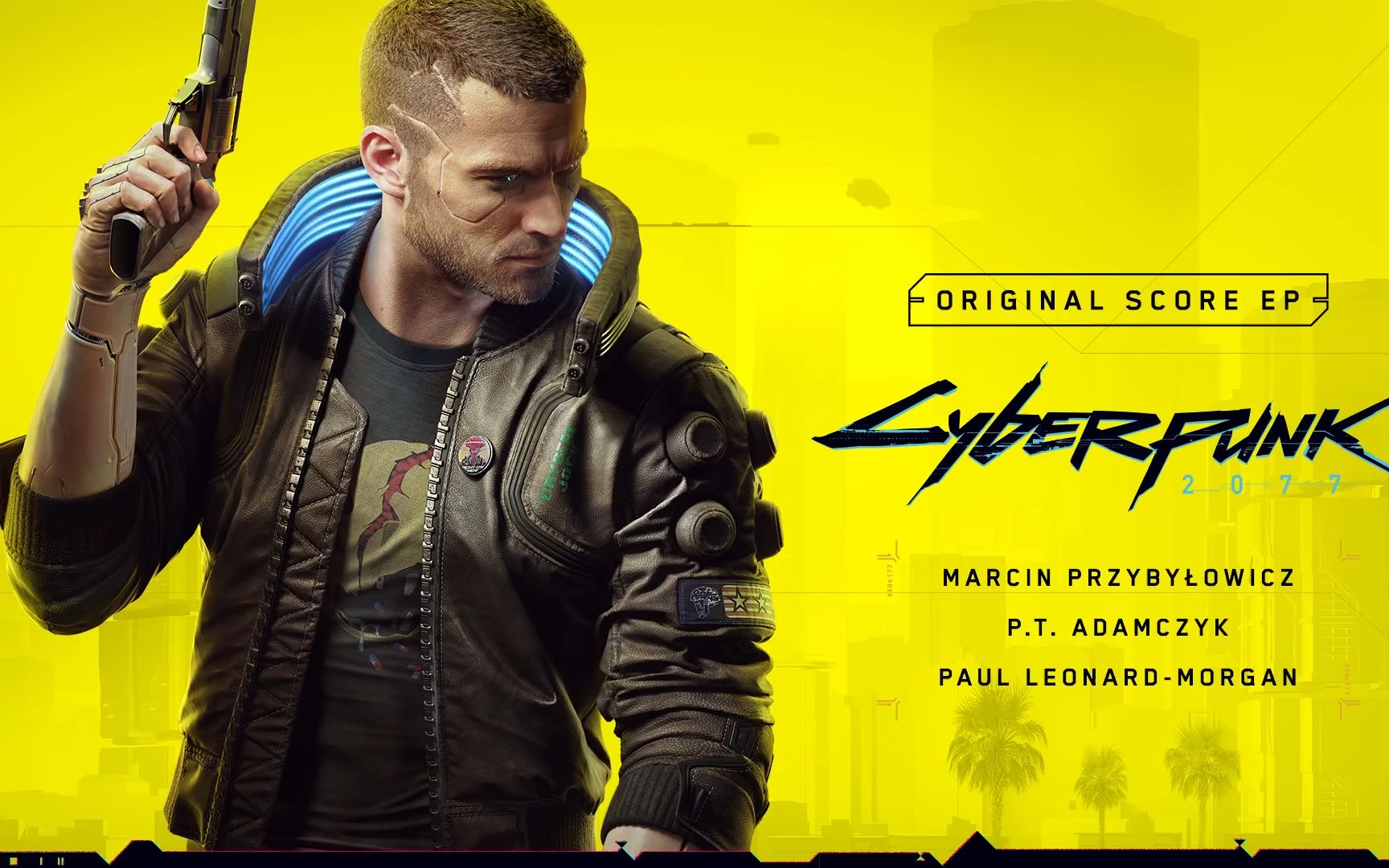Resident Evil 7 VR Score: Immersion and Horror Effectiveness
When Resident Evil 7: Biohazard launched in 2017, it was hailed as a triumphant return to form for Capcom’s iconic survival horror franchise. But beyond its critical and commercial success, one aspect of the game stood out as particularly revolutionary: its virtual reality mode. Exclusive to PlayStation VR at the time, the VR adaptation of Resident Evil 7 didn’t just feel like an add-on—it felt like the definitive way to experience the game’s harrowing world. The VR score—evaluating its success in immersion and horror effectiveness—remains one of the highest in the history of horror gaming. This article explores why Resident Evil 7 in VR isn’t just a technical achievement but a masterclass in psychological terror and sensory engagement.
The Foundation of Fear: Immersion
Immersion in video games often refers to the player’s sensation of being "inside" the game world, and VR takes this concept to its logical extreme. Resident Evil 7 leverages VR technology to create an unparalleled sense of presence. From the moment players put on the headset, they are transported to the derelict Baker estate in rural Louisiana—a place thick with decay, dread, and something unspeakably wrong.
The game’s first-person perspective, already intense in the standard version, becomes suffocatingly intimate in VR. Players don’t just control Ethan Winters; they become Ethan. The sense of scale is astonishing: doors loom overhead, corridors feel claustrophobic, and enemies like Jack Baker appear genuinely towering. Small details—the flicker of a candle, the creak of floorboards, the distant sound of something dragging—are magnified, making the environment feel tangible and threatening.
VR also enhances gameplay mechanics in ways that deepen immersion. Searching drawers, solving puzzles, and aiming weapons require physical movement, pulling players further into the experience. When you need to physically turn around to see what’s behind you or lean in to examine a clue, the boundary between player and character blurs. This embodied interaction makes every decision feel consequential, amplifying tension and vulnerability.
Horror Effectiveness: A New Level of Psychological Terror
Horror in games relies on atmosphere, anticipation, and payoff. Resident Evil 7’s VR mode excels in all three, using the medium’s unique capabilities to evoke primal fear.
1. Atmosphere and Environmental Storytelling:
The Baker mansion is a character in itself—a decaying, oppressive space that tells a story of madness and suffering. In VR, the environment feels more invasive. Mold crawls up walls in grotesque patterns, shadows play tricks on the mind, and the pervasive darkness feels impenetrable. The use of 3D audio adds another layer: whispers seem to come from just over your shoulder, and footsteps echo with unsettling proximity. This sensory richness makes the world feel alive and hostile.
2. Anticipation and Dread:
VR magnifies the feeling of helplessness that defines survival horror. Resources are scarce, enemies are relentless, and escape routes are often uncertain. In VR, these elements are heightened by the player’s physical engagement. For example, when being pursued by Jack Baker, the urge to look back is tempered by the fear of what might be gaining on you. The inability to see everything at once—a limitation turned into a feature—creates constant, gut-wrenching anticipation.
3. Payoff and Shock:
Resident Evil 7 is notorious for its jump scares and grotesque encounters, but in VR, these moments land with visceral impact. The Molded—amorphous, humanoid creatures—are far more terrifying when they emerge from the darkness at life-size scale. Memorable sequences, such as the dinner scene with the Baker family or the basement encounter with Marguerite, become almost unbearably intense. The player’s heightened emotional state makes every confrontation feel personal and traumatic.

Technical Execution: Flaws and Triumphs
While Resident Evil 7’s VR mode is widely praised, it is not without flaws. The game originally used a fixed-field-of-view turning system to reduce motion sickness, which some players found restrictive. Graphically, the VR version suffered from a slight reduction in texture quality and resolution compared to the standard game—a necessary compromise given the hardware limitations of PSVR. Yet, these shortcomings are easily overshadowed by the overall experience. The game’s art direction, sound design, and pacing are so finely tuned that the lower fidelity rarely detracts from the horror.
Moreover, the control scheme—whether using the DualShock controller or PlayStation Move wands—strikes a balance between accessibility and immersion. The ability to aim weapons naturally or block attacks with your hands adds a layer of physicality that flat-screen gaming cannot replicate.
The Legacy of Resident Evil 7 in VR
Resident Evil 7 set a new benchmark for VR horror. It demonstrated that VR could be more than a novelty—it could be the medium through which horror games achieve their fullest potential. The game’s success paved the way for future titles like Resident Evil 4 VR and inspired other developers to explore VR as a serious platform for narrative-driven horror.
More importantly, it proved that immersion and horror are intrinsically linked. By placing players directly in the nightmare, Resident Evil 7 VR transcends traditional gaming experiences to become something more akin to a haunting personal memory. It’s a testament to the power of VR to evoke emotion, provoke fear, and create moments that linger long after the headset is removed.
Conclusion
The VR score for Resident Evil 7—measured not in numbers but in screams, sweat, and white-knuckled moments—is exceptionally high. Its mastery of immersion and horror effectiveness redefined what a horror game could be. While technology will continue to evolve, Resident Evil 7 remains a landmark achievement, a terrifyingly beautiful reminder that sometimes, the most powerful stories are the ones we step into.














